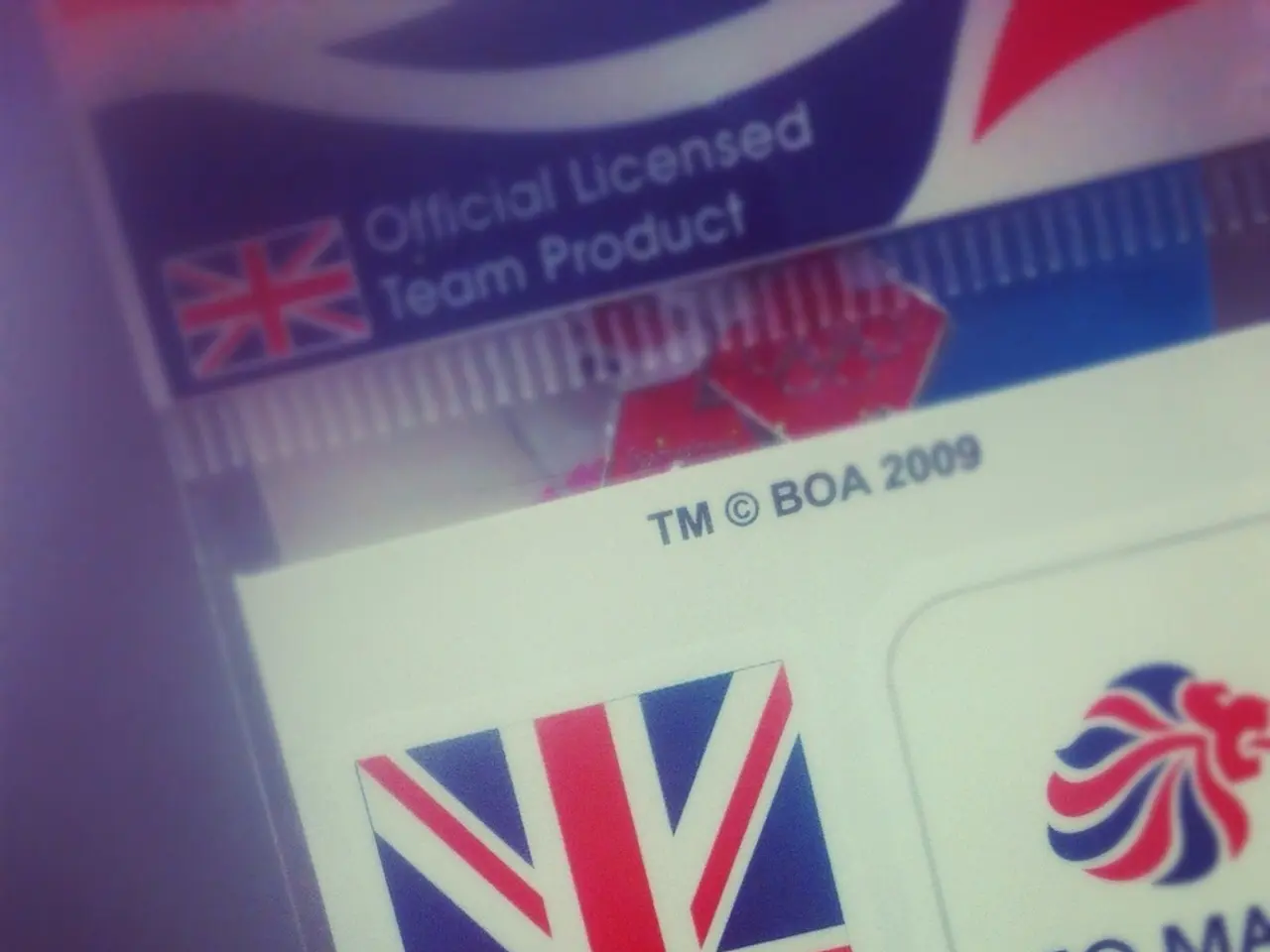Financial and monetary manipulation aspects in collaborative business ventures
In the complex world of business, joint ventures (JVs) offer an attractive avenue for collaboration and growth. However, they also present enhanced corruption risks, including potential criminal liability for bribery and money laundering offenses.
One of the most significant risks associated with JVs is the potential for bribery, which can lead to reputational, financial, and value risks. These risks can manifest in various ways, such as tainted assets, investigations, disputes, and even the loss of key contracts.
A prime example of this is the case of Oracle Corporation, which was penalized by the US Securities and Exchange Commission under the accounting provisions of the Foreign Corrupt Practices Act (FCPA) in the last five years. Oracle was found to have created slush funds in subsidiaries across India, Turkey, and the UAE to bribe foreign officials and win business. The company settled with a $23 million payment in 2022 without admitting or denying the findings. The case also involved ongoing investigations related to a joint venture contract with South Africa's National Treasury announced in 2017 and further developments in 2024.
Regulators and enforcement agencies have not shied away from taking action against JVs for bribery. For instance, Eni, an Italian multinational oil and gas company, settled with the SEC under the FCPA for $25 million in 2016 over bribery allegations related to a Nigerian oil deal.
Given these risks, it is crucial to undertake risk-based anti-bribery and corruption (ABC) due diligence in relation to the proposed JV, partners, operating jurisdictions, and assets. This due diligence should extend to understanding the JV partner's approach to ABC risk and any previous ABC issues.
Moreover, the JV's ABC provisions, such as the joint venture or shareholders' agreement and associated documents, are of paramount importance. It is essential to ensure that the other JV partner is obliged to notify the participants of any ABC allegations or investigations, provide all relevant information, and allow an audit if issues arise.
The legal framework of a joint venture should be assessed at inception, considering the countries of incorporation of the participants and the proposed jurisdictions of its activities. The governance framework of the joint venture should be structured before formation to reflect the risk tolerance of the respective shareholders.
In the UK, a commercial organization can be held liable under the Bribery Act 2010 if a person associated with it bribes another person intending to obtain or retain business or business advantage for the organization. Money laundering risks can also arise from bribery issues under the Proceeds of Crime Act 2002, even if the joint venture partner was not directly involved in the bribery.
In Germany, while there is no clear guidance in German law about conducting due diligence or imposing specific compliance measures for joint ventures, it is prudent to do so given the broader risks. A company can face financial penalties of up to €10 million under the German Administrative Offences Act for bribery-related offenses, even without corporate criminal liability.
Ensuring the JV implements effective ABC procedures is essential. These procedures should be designed to manage the risks identified in due diligence and be informed by an ongoing risk assessment. Particular focus is required in relation to training employees to consistently identify and escalate ABC issues, third-party due diligence and monitoring, and how issues are investigated.
In conclusion, while joint ventures offer significant opportunities for growth and collaboration, they also present enhanced corruption risks. By undertaking thorough due diligence, implementing effective ABC procedures, and staying vigilant to potential issues, businesses can mitigate these risks and protect their reputation and bottom line.
Read also:
- United States tariffs pose a threat to India, necessitating the recruitment of adept negotiators or strategists, similar to those who had influenced Trump's decisions.
- Weekly happenings in the German Federal Parliament (Bundestag)
- Southwest region's most popular posts, accompanied by an inquiry:
- Discussion between Putin and Trump in Alaska could potentially overshadow Ukraine's concerns







